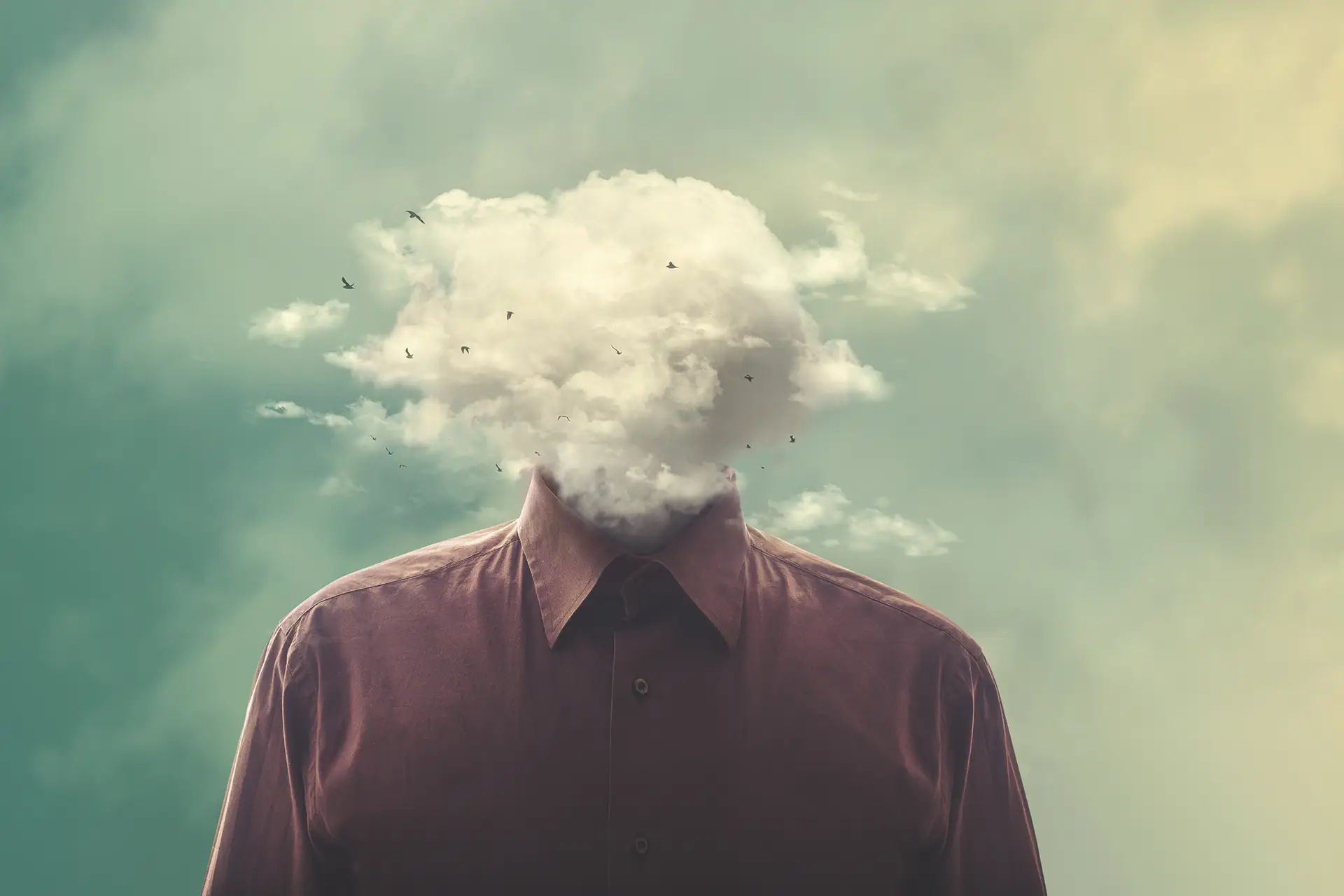The main symptoms of schizophrenia, as outlined by the Diagnostic and Statistical Manual of Mental Disorders (DSM-5) include (but are not limited to) the following:
- Delusions – These are false beliefs that are not based in reality.
- Hallucinations – These are sensory experiences that occur without an external stimulus such as hearing voices.
- Disorganized Thinking – This is often evident through incoherence or tangentiality (going off on tangents).
The DSM and broader psychology model can present some problematic limitations here by not distinguishing between pathological symptoms and culturally accepted spiritual experiences.
I’ve met numerous people in shamanic circles that had previously been hospitalised and medicated for seeing or hearing spirits because their culture did not accept this phenomenon. Thankfully in their cases they recognised the psychosis in the diagnosis they received and found the right support to escape the grip of psychiatry and grow into brilliant and well-regarded healers and therapists.
Let’s talk about the Pope, could the Pope’s conviction that his decisions and teachings are directly guided by the Holy Spirit be seen as a form of religious delusion? Could hearing God’s voice giving him instructions or guidance, be classified as an auditory hallucination under the DSM? Does this mean the pope might have schizophrenia? What about saints and mystics seeing visions of angels, or divine figures, could these experiences be classified as the visual hallucinations of schizophrenia? Or do these holy figures get a free pass due to their status or due to the culture they have been brought up in? Right place, right time!
Interestingly, from a shamanic perspective, many indigenous cultures don’t have any translation for the word schizophrenia or the word psychosis. Through their lens everything is spirit related and if someone is hearing voices it is likely a spirit guide (if loving) or a possession (if not), and the latter would be dealt with compassionately.
The main symptoms of spirit possession from a shamanic perspective, include (but are not limited to) the following:
- Hallucinations or Visions – Seeing or hearing spirits or other entities that others cannot see.
- Disorganized or Abnormal Behaviour – Exhibiting unusual, erratic, or ritualistic behaviours that are not typical for the person.
- Changes in Voice and Personality – Speaking in different tones or languages, adopting different personalities or identities.
Can you see the pattern here? Both experiences involve hearing voices or seeing visions, erratic or unusual behaviour and significant changes in behaviour and self-presentation.
Both schizophrenia and spirit possession are reported to be scary experiences, where voices can be critical, commanding, or nonsensical. So where do spirit guides come into this?
The main signs that someone might have a spirit guide talking to them, from a shamanic perspective, include (but are not limited to) the following:
- Hearing or Sensing Voices – Usually benevolent and helpful, providing guidance and encouragement.
- Feeling a Presence – A strong sensation of an unseen presence nearby, often accompanied by feelings of comfort, peace, or protection.
- Intuitive Knowledge – Sudden insights, knowledge, or answers to problems that feel as though they come from an external source.
Experiences such as this through a culturally accepted frame within spiritual or religious belief structure are often supported and encouraged. However pathological interpretation through the DSM or psychiatry model alone can point to illness and be viewed as symptoms of a medical disorder. Are we too quick to hospitalise those who might be future healers, prophets, and shamans because our culture no longer accepts these roles?
When someone comes into my practice with any of the aforementioned signs or symptoms, I face a challenge: does this person need psychiatric support or shamanic healing? For me, the answer comes from two places: firstly, my intuition and what I am sensing, and secondly, the level of risk present by assessing the level of functioning and discomfort. To be clear, I am not suggesting that all cases of schizophrenia are falsely diagnosed, but I am highlighting a potentially missing piece of the puzzle in all diagnoses – the spiritual context.
I have written this blog to highlight the importance to all practitioners to consider the importance of cultural context and the individual and unique meaning of experiences when diagnosing mental health conditions, ensuring that spiritual or culturally normative phenomena are not misclassified as symptoms of a psychiatric disorder, which happens only too often. We need to take a psycho-shamanic approach to all illness.










